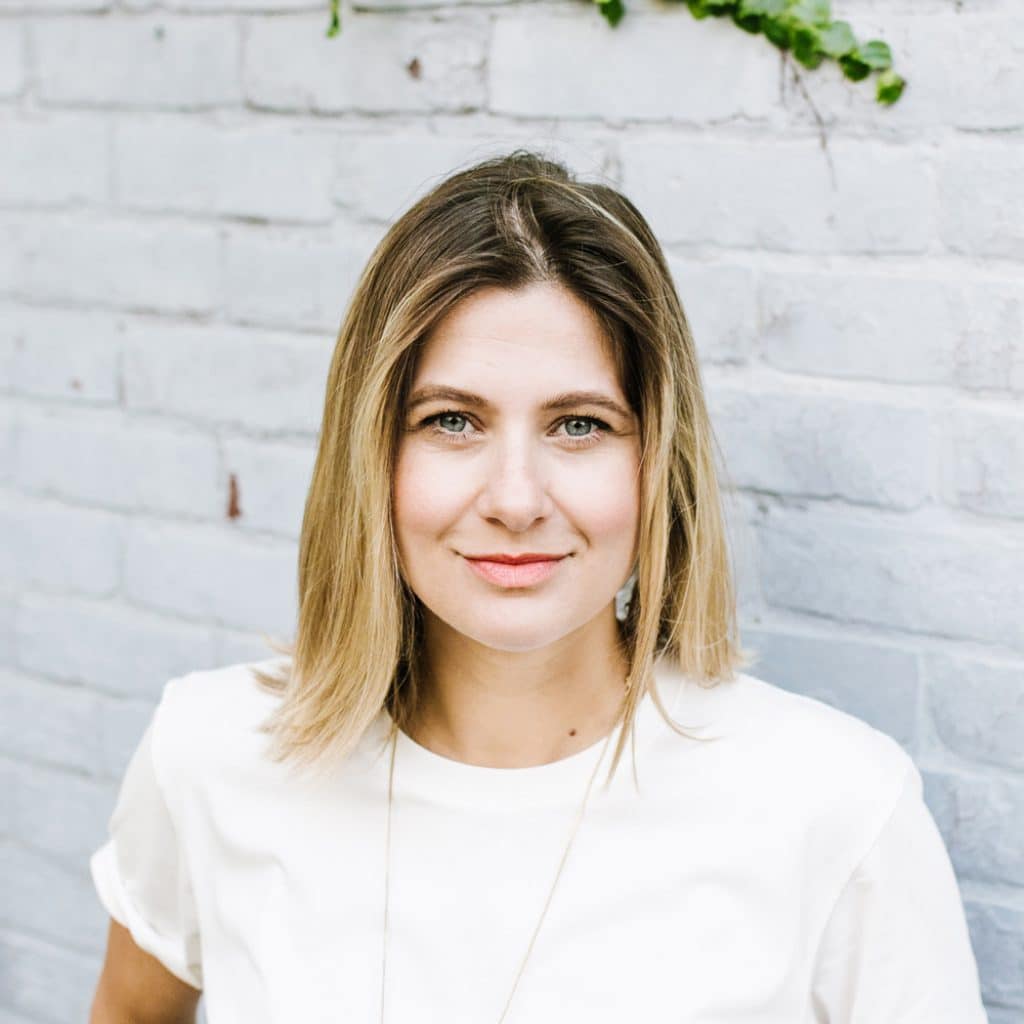ASI Network Series unearths insights about the links between Industry 4.0, carbon impacts and equity in Western academia
The fourth industrial revolution, or Industry 4.0, is predicted to transform the world more radically than the industrial revolution. There are a number of factors that lend it momentum: growing digitization of activities, wide utilization of smart technologies, increasing automation, and deployment of Artificial Intelligence. Just as the previous industrial revolutions completely transformed society, Industry 4.0 is affecting every aspect of human activities.
Transition Leaders lead from where they are, around the world and across the professional spectrum. They look for ways to embrace change, and see it as an opportunity to build a resilient world with a low-carbon, socially inclusive economy.
As a part of the ASI Network series, we spoke to Malory Owen, a PhD candidate working in the field of desert ecology. Malory is a Transition Leader who sees Industry 4.0 as a catalyst to reducing the carbon impact of practicing science and an opportunity to increase equity in the academic community.
Here are Top 5 highlights from the conversation:
Embracing the data revolution
The transition from traditional ecologist practices leverages data mining and synthesis of existing, plentiful data. This new practice has added valuable opportunities to research design, reduced carbon impacts on environments, and indirectly explores more systems to answer research questions more quickly.
Open access takes on peer review castles
Open access local data about ecological considerations like habitat degradation takes on a global scope when data and digital tools are brought to bear in documentation and cross analysis.
Human skills ascending
Technical skills are necessary and plentiful to pursue good science, but what’s essential to create impact, and often missing in the science community, are the human skills. Sensemaking and communication are increasingly in demand to lead transition, so researchers don’t simply gather data, but also translate it into meaningful understanding for all stakeholders.
Creative thinkers needed
New ways to explore issues, find gaps, synthesize creative solutions and tell compelling stories can bridge the gap between scientific information and the public, government and business audiences who want to understand the situation.
Equity for Indigenous and diverse voices
Lived experience is a type of data. Diverse perspectives and types of knowledge can be as important information as new (post-internet) content. Diverse approaches can take on bad science, bias or manipulated data inputs, in an effort to get closer to the Truth science seeks to uncover.
LISTEN TO THE ENTIRE ASI NETWORK LIVE CONVERSATION WITH MALORY OWEN
ASI Network, hosted by Nicole Doray, ASI Manager of Social Impact & Strategic Innovation, is a live conversation series co-created with industry-diverse changemakers who are leading the transition to a low-carbon, socially inclusive economy.
Check out more ASI Network interviews on our Stories page.

Yana Korytek
Manager, Strategic Marketing & Communications


